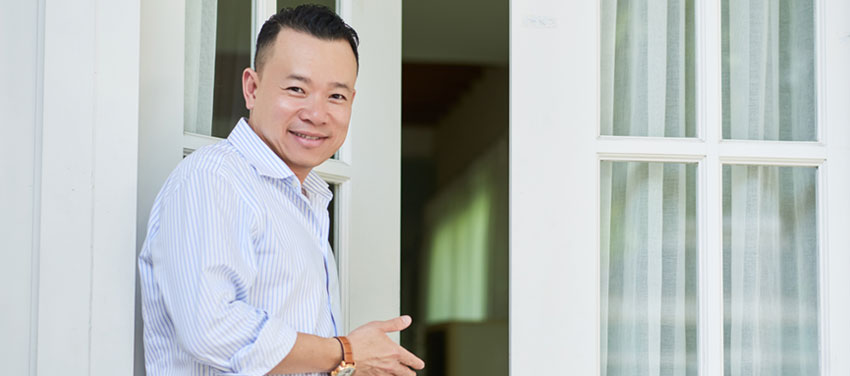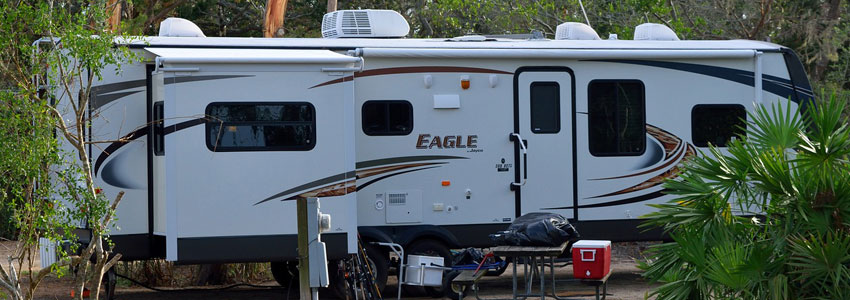What Is A Guarantor Mortgage?
Getting onto the property ladder for the first time has become increasingly difficult in recent years and families have been seeking ways to help each other. As a result, there are now a number of mortgages on the market that allow family members to act as a guarantor.
A guarantor mortgage allows parents or other close family members to take on the risk of lending to a first time buyer. This means the lender may be willing to lend the first time buyer more money and at a better rate.
Guarantor Mortgages
With a guarantor mortgage, the buyer’s parent or a close family member guarantees the mortgage debt so if the buyer misses a mortgage repayment, the guarantor will have to cover the missed payment or come up with a way to clear the debt.
Traditionally, with a guarantor mortgage, the family member would be responsible for paying the whole mortgage loan if their child defaulted on their mortgage payments, but there can also be mortgages which have a limit on the amount the guarantor is responsible for paying.
Who do Guarantor Mortgages Suit?
Guarantor mortgages suit applicants who:
Have a small or no deposit
Have a low income
Are a first time buyer
Have close family with valuable property assets
Who can be a Guarantor?
A mortgage guarantor can be a family member or occasionally a close friend but some lenders will be more restrictive than others.
Your guarantor will usually need to meet the follow criteria:
Own their own property outright or have relatively small mortgage.
Earn a high enough income to help cover the buyer’s repayments if required whilst still being able to pay their own mortgage repayments and other outgoings.
Have a good credit record.
Have sought advice ahead of making the application.
How much can you borrow with a Guarantor Mortgage?
A guarantor mortgage will help you borrow more than you would otherwise be able to do with some deals offering you up to 100% of the property value meaning you would need no deposit, in exchange for the lender placing a charge across the guarantor’s property or savings.
If you are struggling to get a mortgage because your income is too low, then with a guarantor mortgage you can look to include your guarantor’s income in your calculations.
How much does a Guarantor Mortgage Cost?
As with normal mortgages you will have to pay back the full amount you borrow, the interest, mortgage fees, valuation fees and solicitor fees. See and read our guide about costs associated with getting a mortgage.
Risks for the Mortgage Guarantor
There are risks for the guarantor if a payment is missed including:
Being asked to make the repayment.
Being charged a fee.
The lender could take money from the guarantor’s savings account.
And worst case scenario, the guarantor can have their own house repossessed.
Get Advice
We recommend that you seek advice about guarantor mortgages before you make an application. Speak with one of our qualified advisers for free. They will advise you appropriately based on your individual circumstances, financial situation and be able to advise you about the guarantor mortgage products currently available.
Alternatively, if you want to read about other mortgage options that will help you get on the property ladder, read our guides to Help to Buy and Shared Ownership.
Final considerations
Getting a mortgage as a first time buyer is increasingly difficult and buyers are finding it harder and harder to get a deposit together. A guarantor mortgage, not only offers you the chance to get on the property ladder but it offers you the opportunity to get a good mortgage deal which might not be available to you without a guarantor.
There are risks involved, however, and if you are thinking of being a guarantor yourself, then you should seek legal advice before you make the final commitment.





